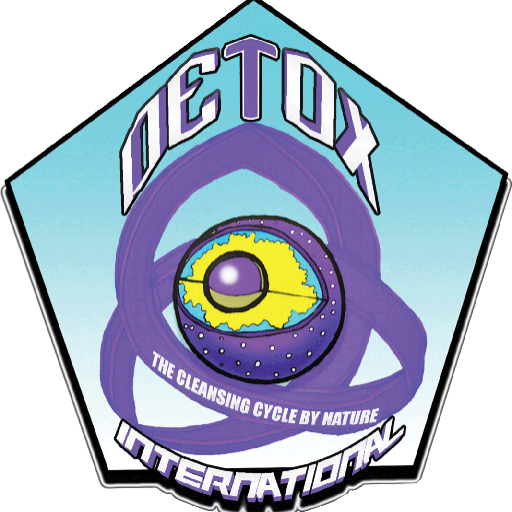Iron
75 +/- Parts per million
Iron is called the energy giver. It attracts oxygen and builds blood. Along with manganese and copper, it is necessary for healthy blood chemistry and is essential for recovery from illness.
Iron is one of the most common deficiencies in men as well as women , although women require more iron than men because of loses that occur during the menstrual cycle .Without sufficient amount the body cannot manufacture enough new hemoglobin, the red cell protein that transports oxygen in blood. Iron helps the body rid itself of carbon dioxide and keeps the liver tissue soft.
Iron combines with other nutrients to produce vital blood proteins and is involved in food metabolism, digestion, elimination, and helps maintain sufficiently high blood pressure.
Vitamin C improves its absorption. Absorption of Iron from food usually ranges from5-15%.this showing the need for supplementation. Iron is stored in the blood, bone marrow, liver and spleen, with trace amount in every organ.
Some symptoms of an Iron deficiency:
Anemia
Anorexia
Brittle nails
Constipation
Dizziness
Depression
Dysphasia
Fatigue/lack of energy
Fragile Bones
Growth
Retardation
Hair Loss
Headaches
Ice eating
Unnatural Pale Skin
Natural Sources: Greens, Dark Berries and high Iron fruits

